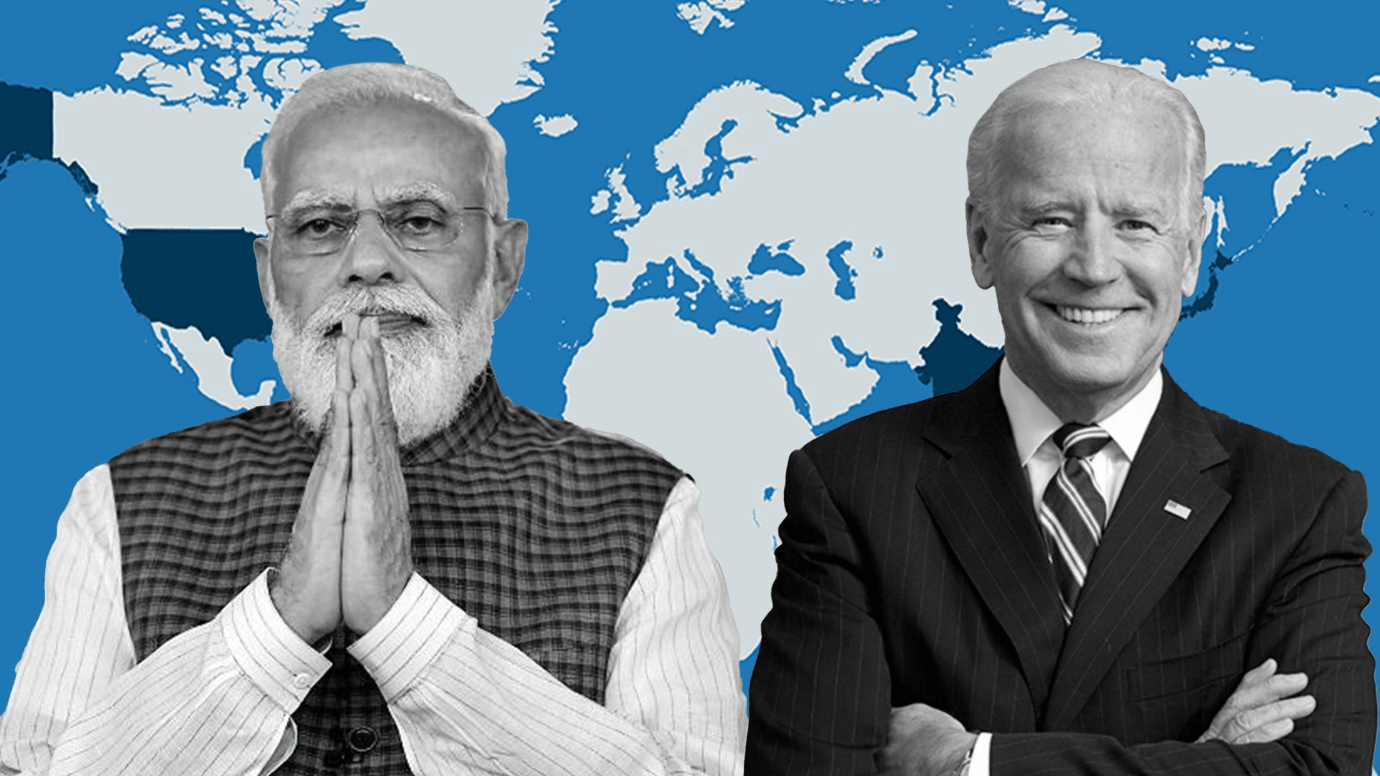
Why Skills-First Leadership Is Replacing the Ivy League Playbook in the C-Suite
The old prestige pyramid—where Ivy League degrees and blue-chip consulting backgrounds paved the way to the CEO seat—is cracking.

May 24, 2022: To raise its economic profile and create one more counterbalance to China within Asia, the U.S had made an announcement that the Indo-Pacific Economic Framework with Asian partners, including Australia, Japan, and the Republic of Korea.
It’s a comprehensive plan to expand the U.S.′ “economic leadership” in the Indo-Pacific region. The group is planning to set international rules on the digital economy, supply chains, decarbonization, and regulations applying to workers.
U.S. President Joe Biden has said tackling inflation is a priority, and this framework is designed to help lower costs by making supply chains more resilient in the longer term.
The IPEF is not a free trade agreement. Biden faces political pressure from both the left and right in the United States to avoid free trade deals.
It is not even a security pact and is separate from the Quad defense group, which includes the United States, Japan, India, and Australia, U.S. National Security Advisor Jake Sullivan told reporters on Sunday.
This week, Biden is in Tokyo to meet regional leaders about the IPEF and the Quad.
Despite dodging trade deals, the U.S wants to raise its profile in Asia’s economic realm. China is the prevalent country despite American allies Japan and South Korea boasting enormous economies and India, a member of the Quad, growing by leaps and bounds.
The U.S needs “enhance its economic competitiveness in the region,” according to Ali Wyne, a senior analyst with Eurasia Group’s Global Macro practice.
U.S. officials have avoided mentioning China in discussions about the IPEF and have denied that it’s a “closed” group, as China has said.

The old prestige pyramid—where Ivy League degrees and blue-chip consulting backgrounds paved the way to the CEO seat—is cracking.

Loud leaders once ruled the boardroom. Charisma was currency. Big talk drove big valuations.

But the CEOs who make history in downturns aren’t the ones with the deepest cuts

Companies invest millions in leadership development, yet many of their best executives leave within a few years. Why?

The most successful business leaders don’t just identify gaps in the market; they anticipate future needs before anyone else.

With technological advancements, shifting consumer expectations, and global interconnectedness, the role of business leaders

The Fort McMurray First Nation Group of Companies is the wholly owned business entity of Fort McMurray 468 First Nation. It was established in 1987 as Christina River Enterprises, and the organization rebranded as FMFN Group in 2021. Providing Construction, Custodial, Petro-Canada Fuel & Convenience Store, and Transportation services to a broad portfolio of customers, the Group of Companies is creating financial stability and prosperity for the Nation.

Maushum Basu is a visionary leader who inspires his team with a clear, compelling purpose. Unafraid to take calculated risks, he understands that growth often stems from change and innovation. His deep commitment to both Airia Brands, Inc.

When speaking with Martin Paquette, one thing is immediately apparent: he’s honest. His transparency is refreshing. While many shy away from such vulnerability, Paquette sees it as a force to reckon with. The incredible emotional intelligence speaks to years of looking within—it’s also what allows him to acknowledge his mistakes gracefully and use them as opportunities to innovate.

Marina Charriere, CEO of Star Drug Testing Services, Star Drug Testing Services (Windsor Park), and First Defence Face Masks go hand in hand. Star is a drug and alcohol testing facility, and First D F M is a face mask company.


Leave us a message
Subscribe
Fill the form our team will contact you
Advertise with us
Fill the form our team will contact you